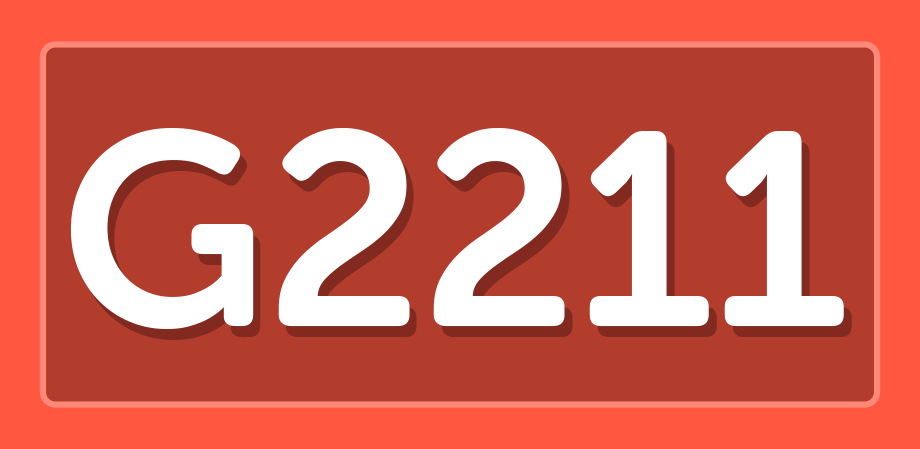TAFP calls on insurers to provide payment for G2211 complexity add-on code
By Jonathan Nelson
The Centers for Medicare and Medicaid Services introduced a set of new codes to the Healthcare Common Procedure Coding System in the 2024 Medicare Physician Fee Schedule that are designed to compensate physicians for care coordination and other services necessary to provide comprehensive, longitudinal care to complex patients. However, many health insurance companies have not begun paying for the codes, the most important of which is the G2211 add-on code for visit complexity.
This week, TAFP and the Texas Pediatric Association sent letters to the chief medical officers of the five largest health insurance companies in Texas – Blue Cross Blue Shield of Texas, Aetna, United Healthcare, Cigna, and Humana – asking them to provide payment for the codes across all lines of business.
“Primary care is comprehensive, continuous, and coordinated team-based care that is not adequately described by the revised office/outpatient E/M visit code set and includes resources not reflected in the current relative values assigned to that code set,” the associations said in the letter. “Payment for G2211 more appropriately values family medicine and pediatrics and will help stabilize the primary care workforce, especially community-based primary care practices patients rely on for their care. In turn, this will help prevent practice closures and consolidation, which can negatively impact patient access, care quality, and affordability.”
Along with G2211, the associations advocated payment for the G0019 and G0022 Community Health Integration Services codes, the G00223 and G0024 Principal Illness Navigation Services codes, and G0136, which pays for the administration of a standardized, evidence-based social determinants of health risk assessment tool. Medicare pays $16.05 for G2211.
“AAFP and TAFP worked for years to get CMS to implement these codes to more appropriately compensate family doctors and other primary care physicians for the crucial work they do improving the health and the lives of their patients,” TAFP CEO Tom Banning said. “Now we need to make sure the payers know that these codes aren’t only for traditional Medicare, but they should be paying these codes in their Medicare Advantage plans, their Medicaid plans, and their fully insured and self-funded commercial plans as well.”
For more information about how and when to use G2211, check out a recent article in Family Practice Management, “G2211: Simply Getting Paid for Complexity.”
RELATED ARTICLES
AAFP: Tell Congress to implement Medicare add-on code G2211
New CMS regulations will streamline prior authorizations in some plans
